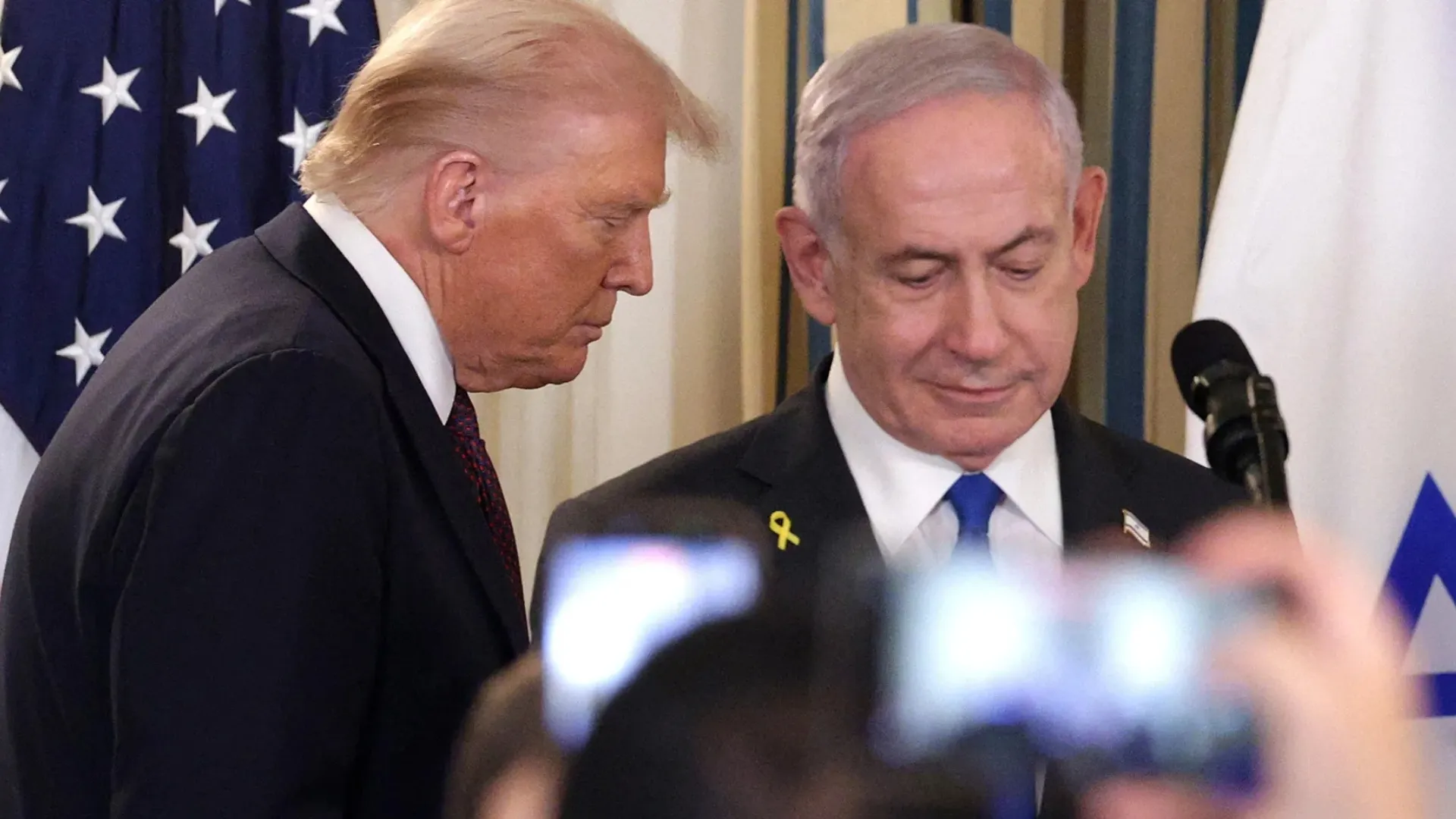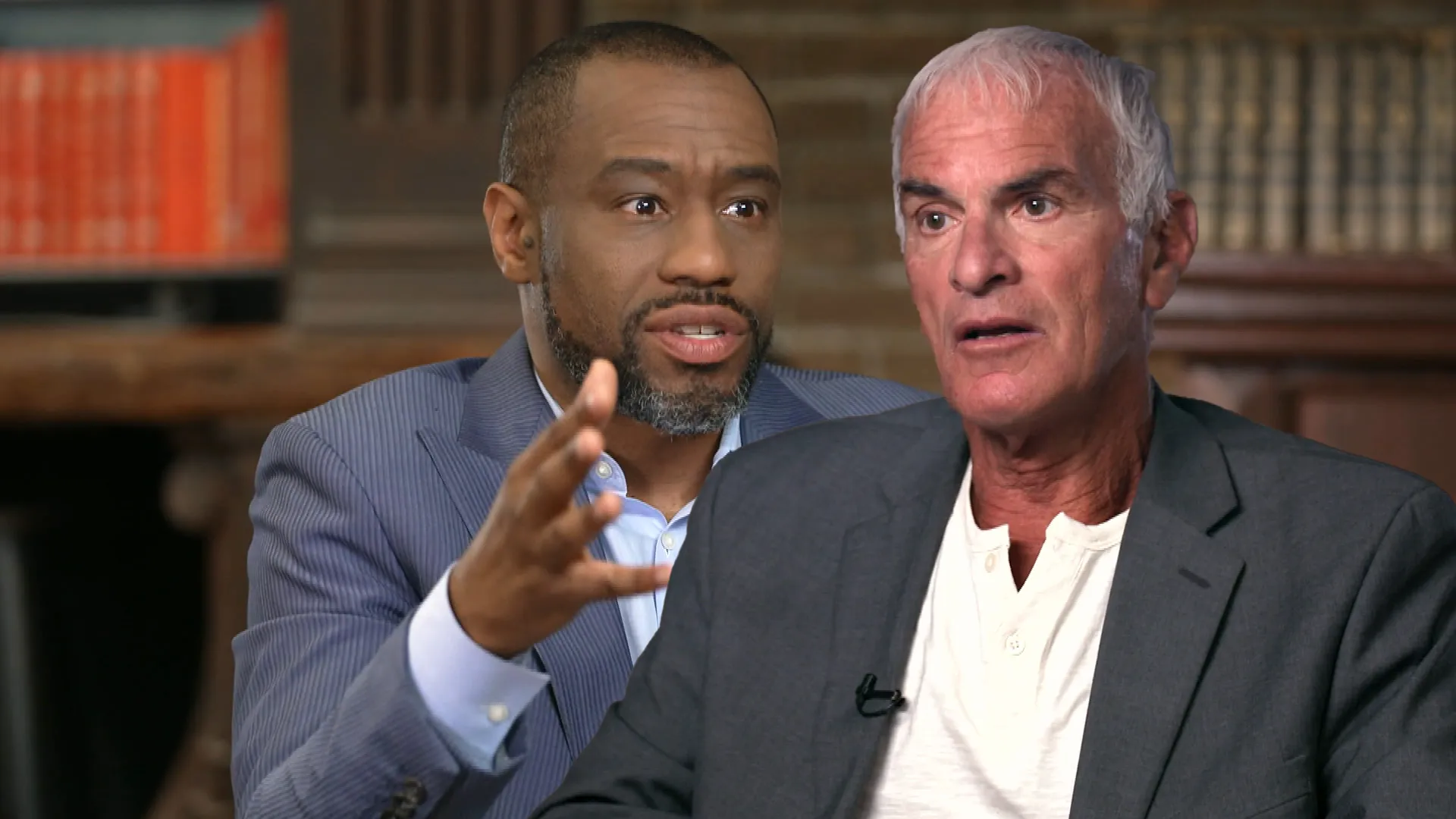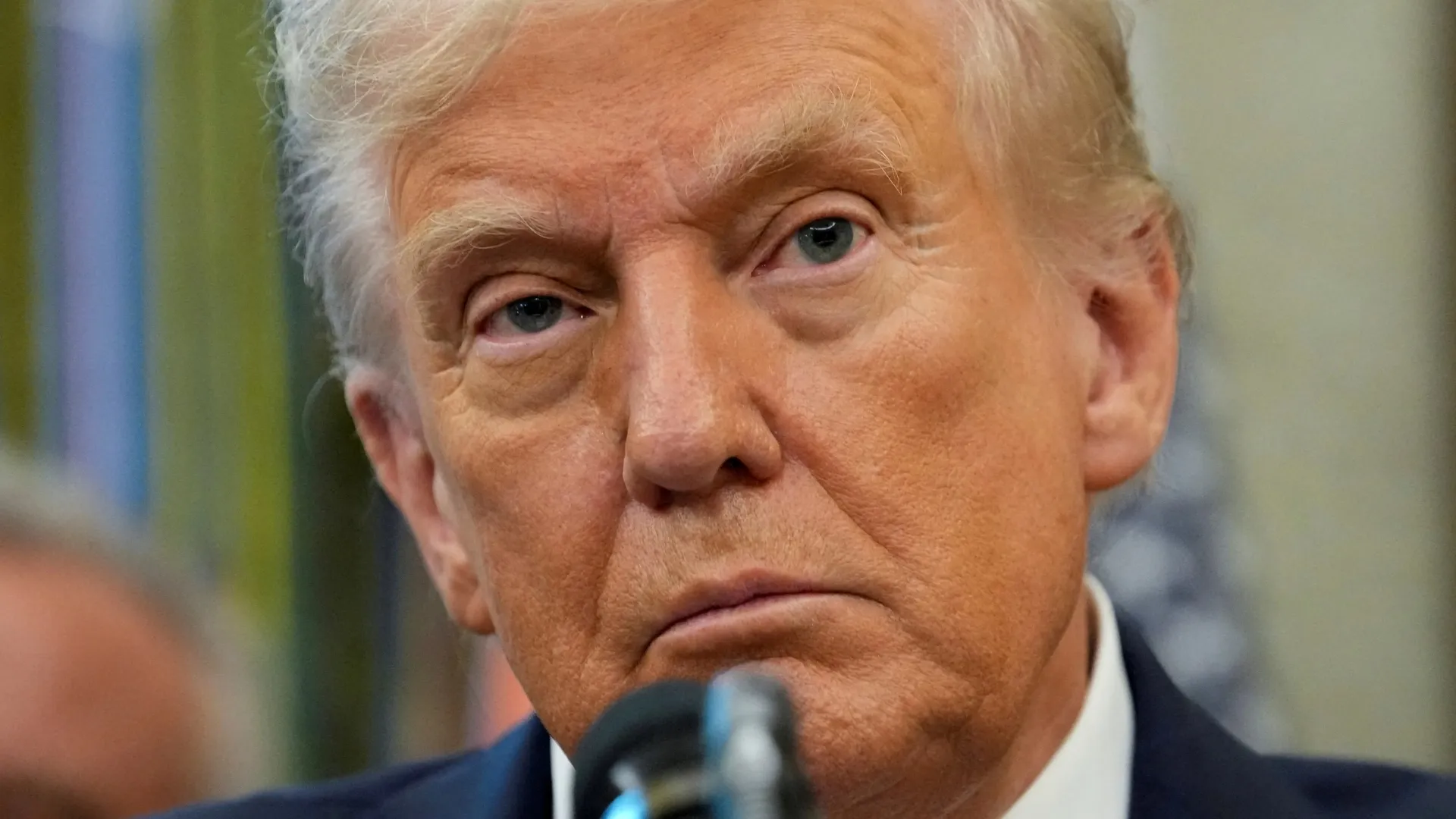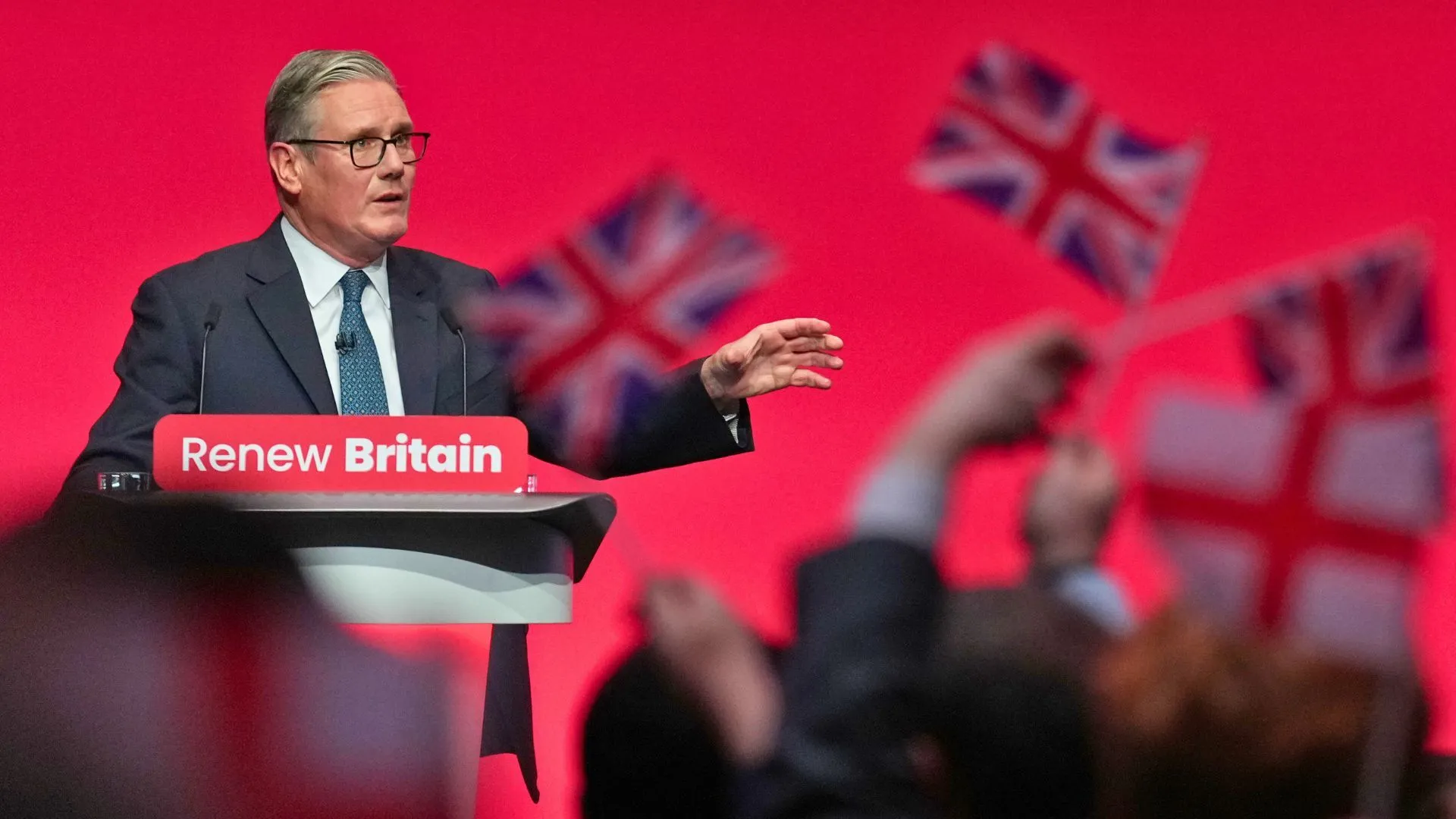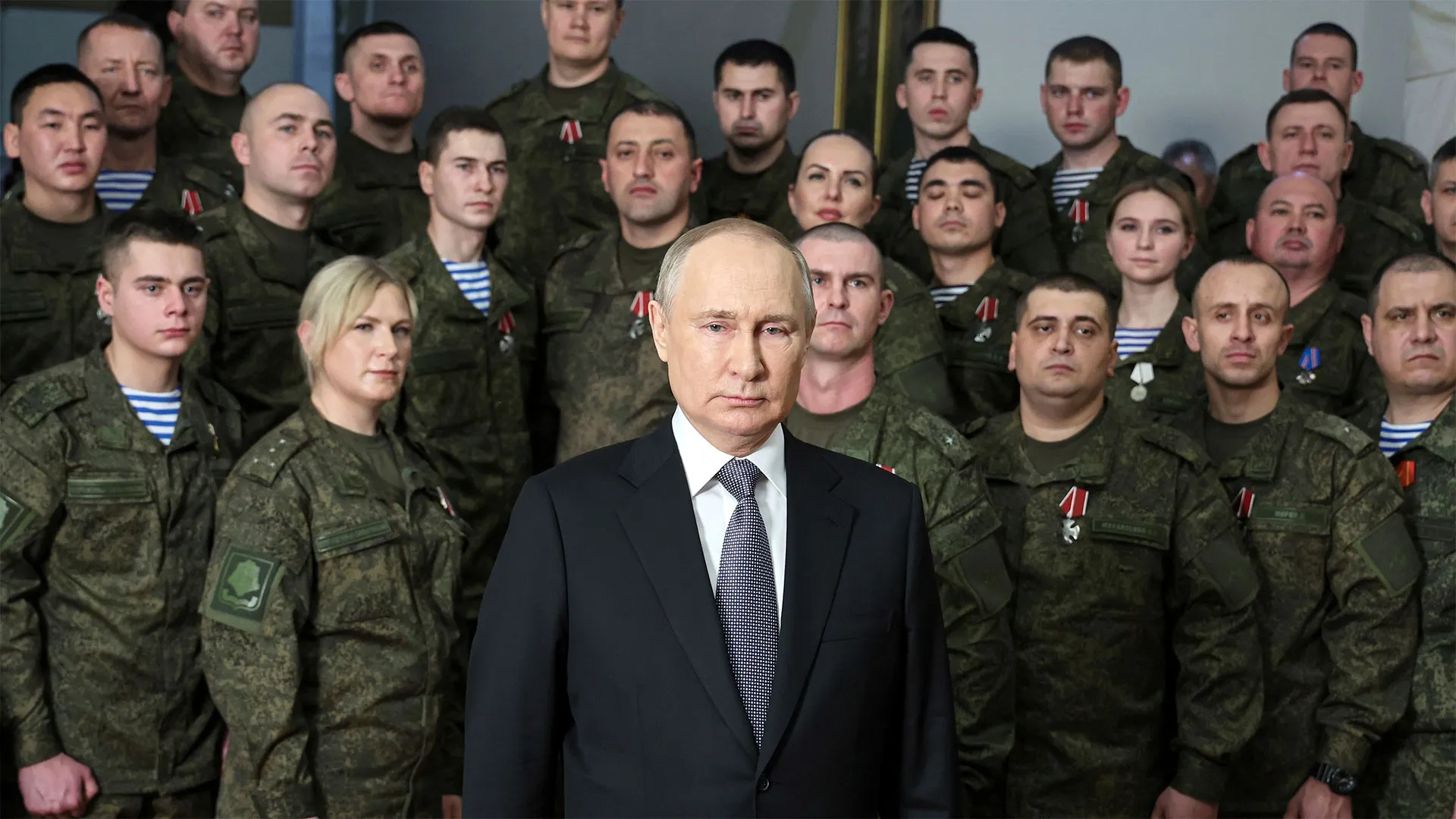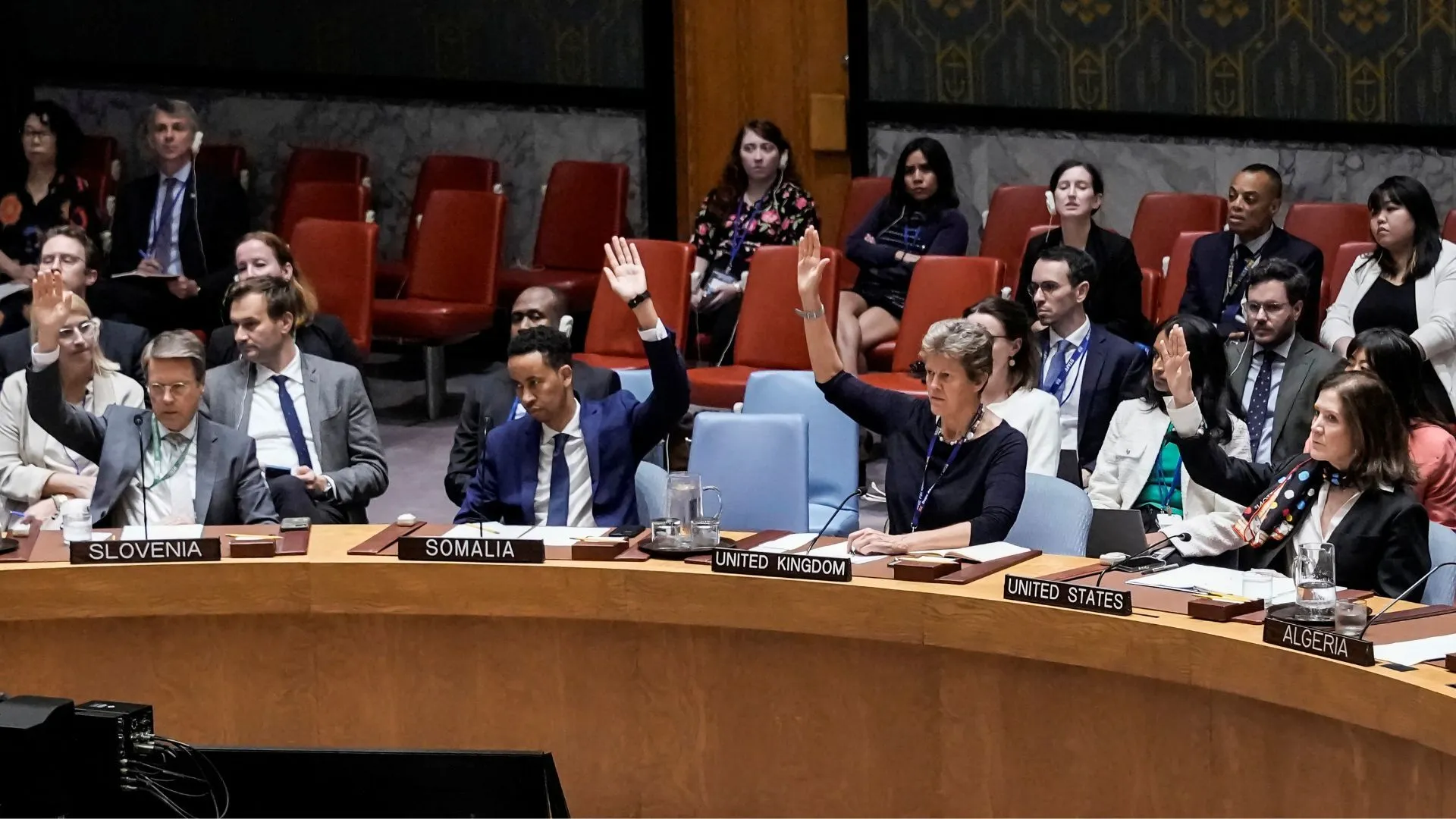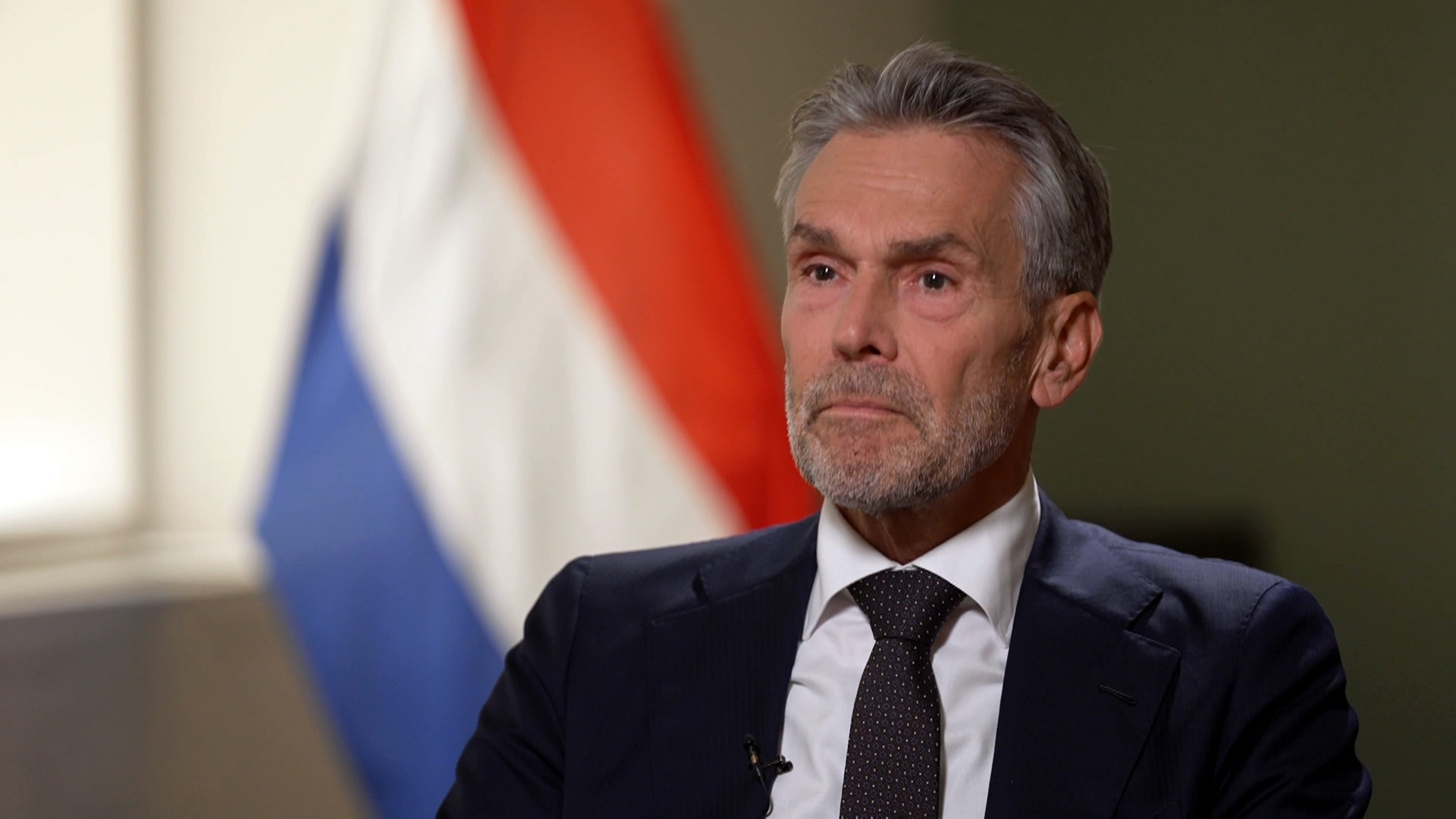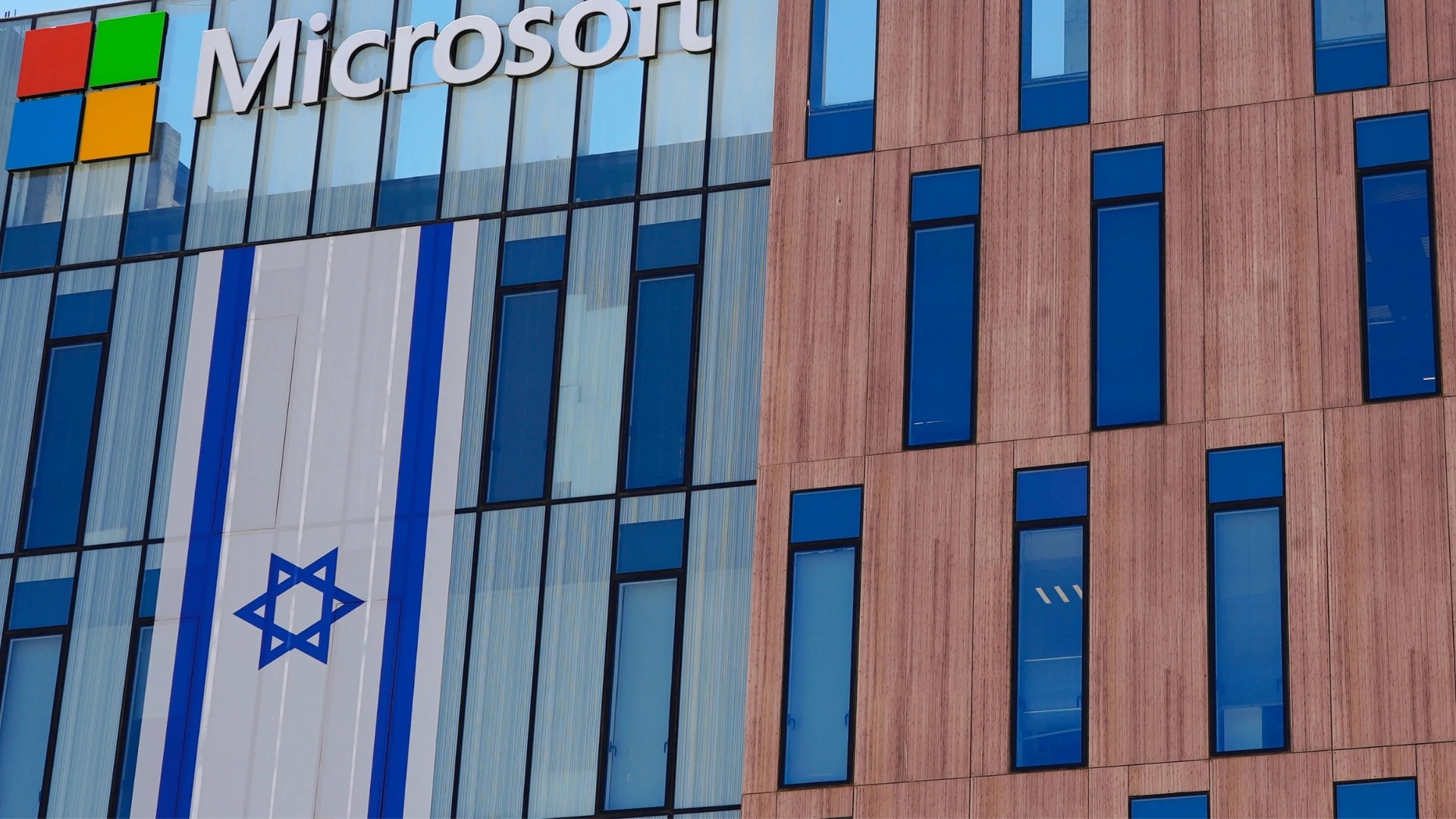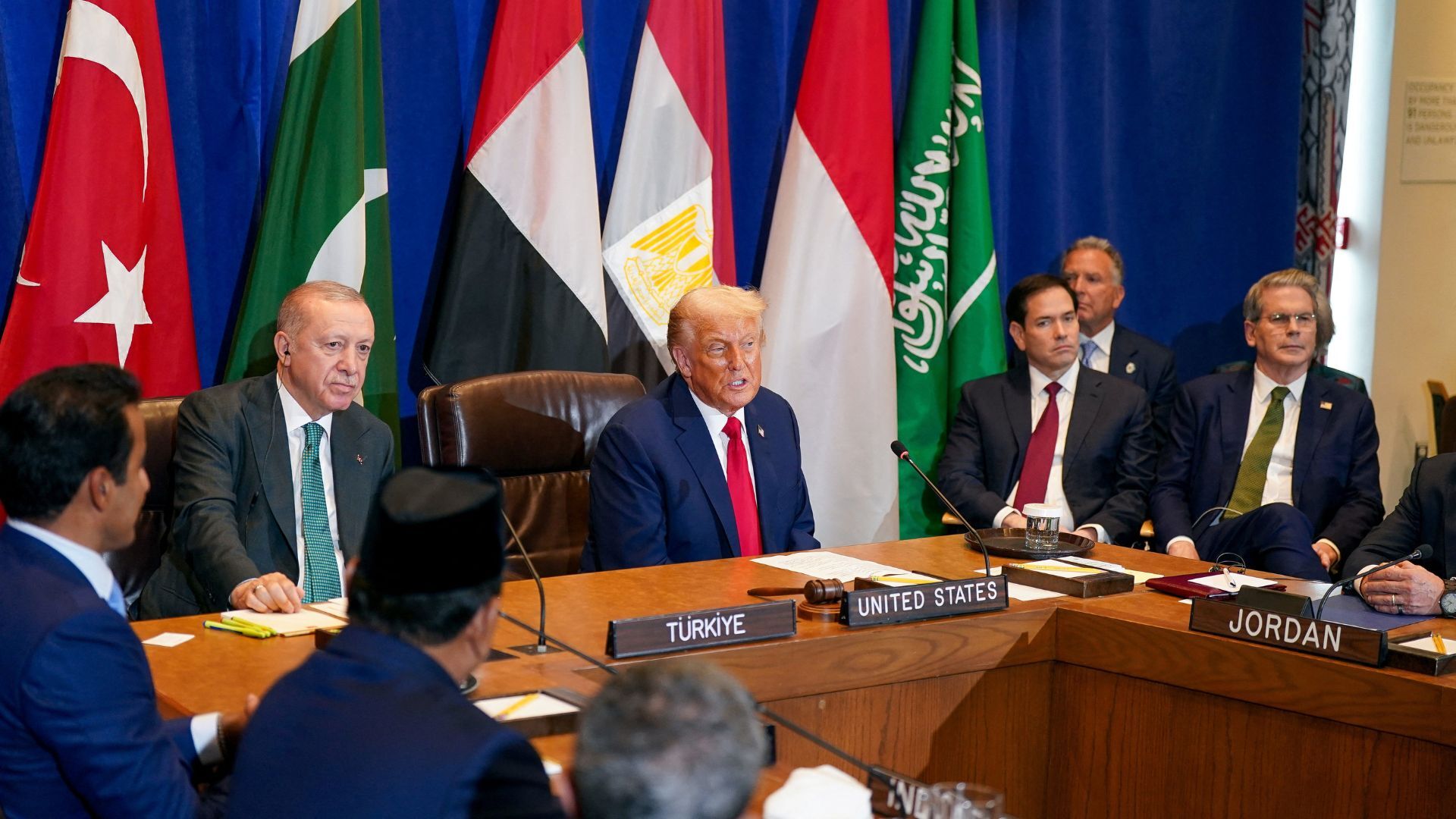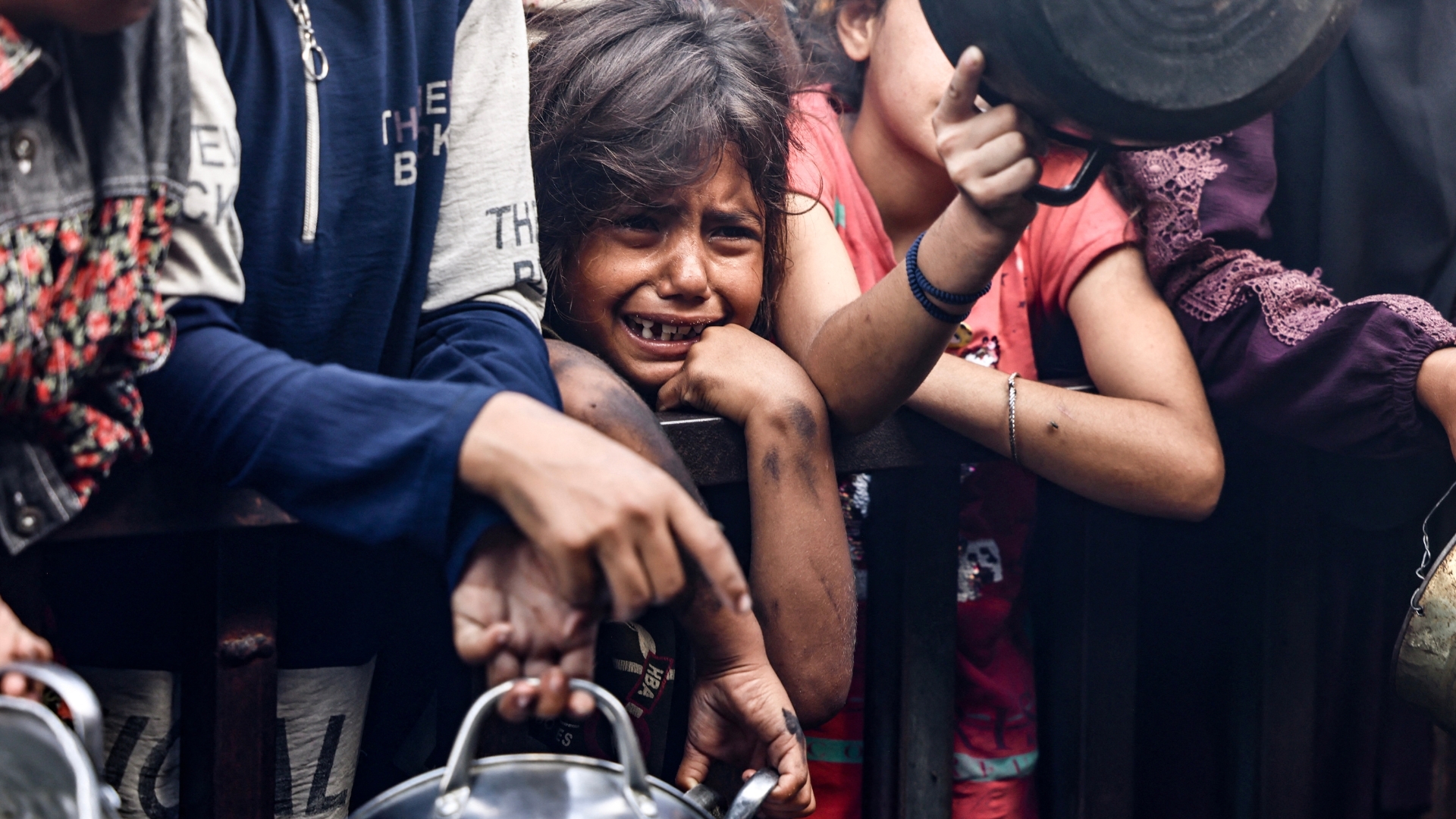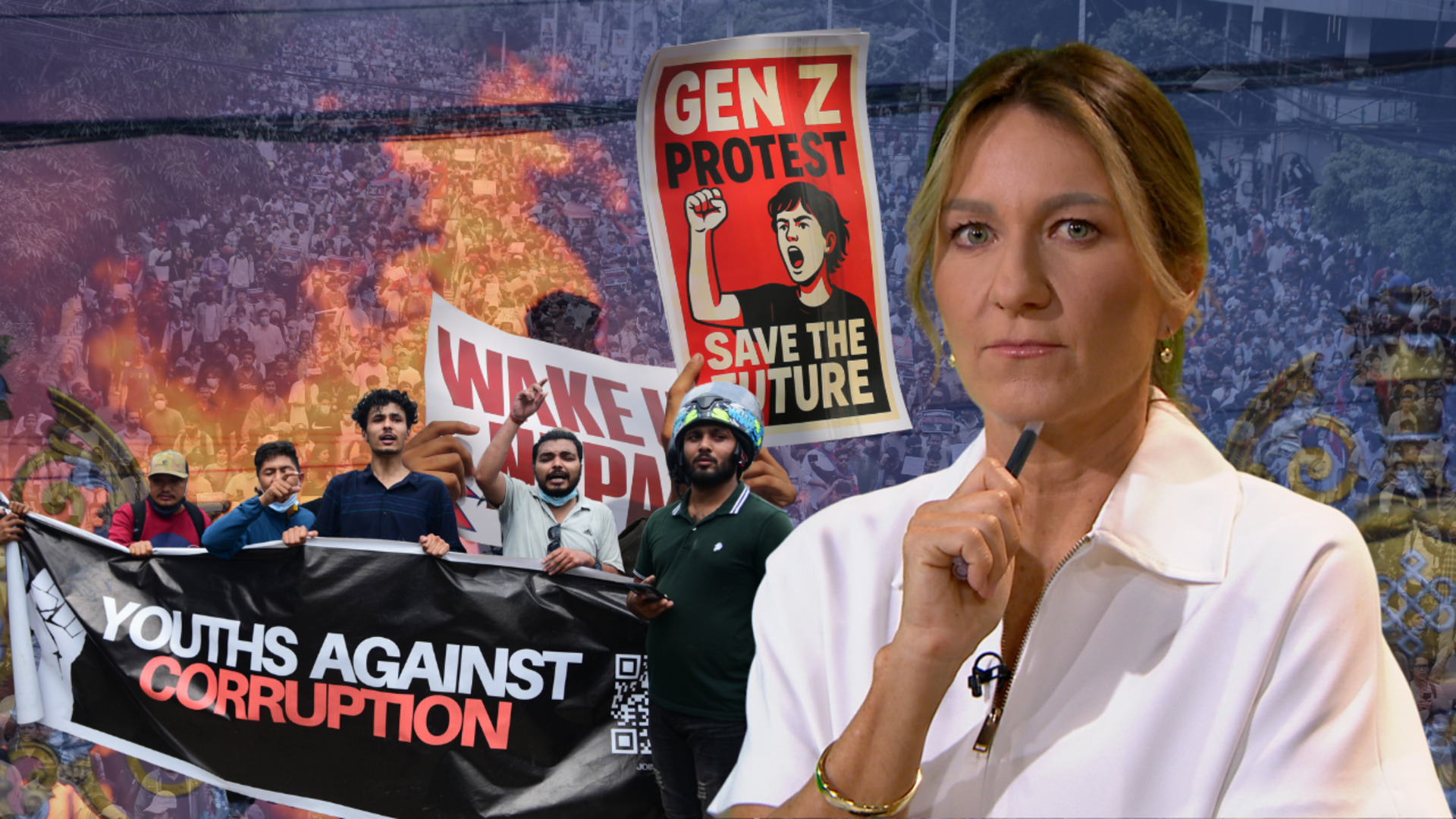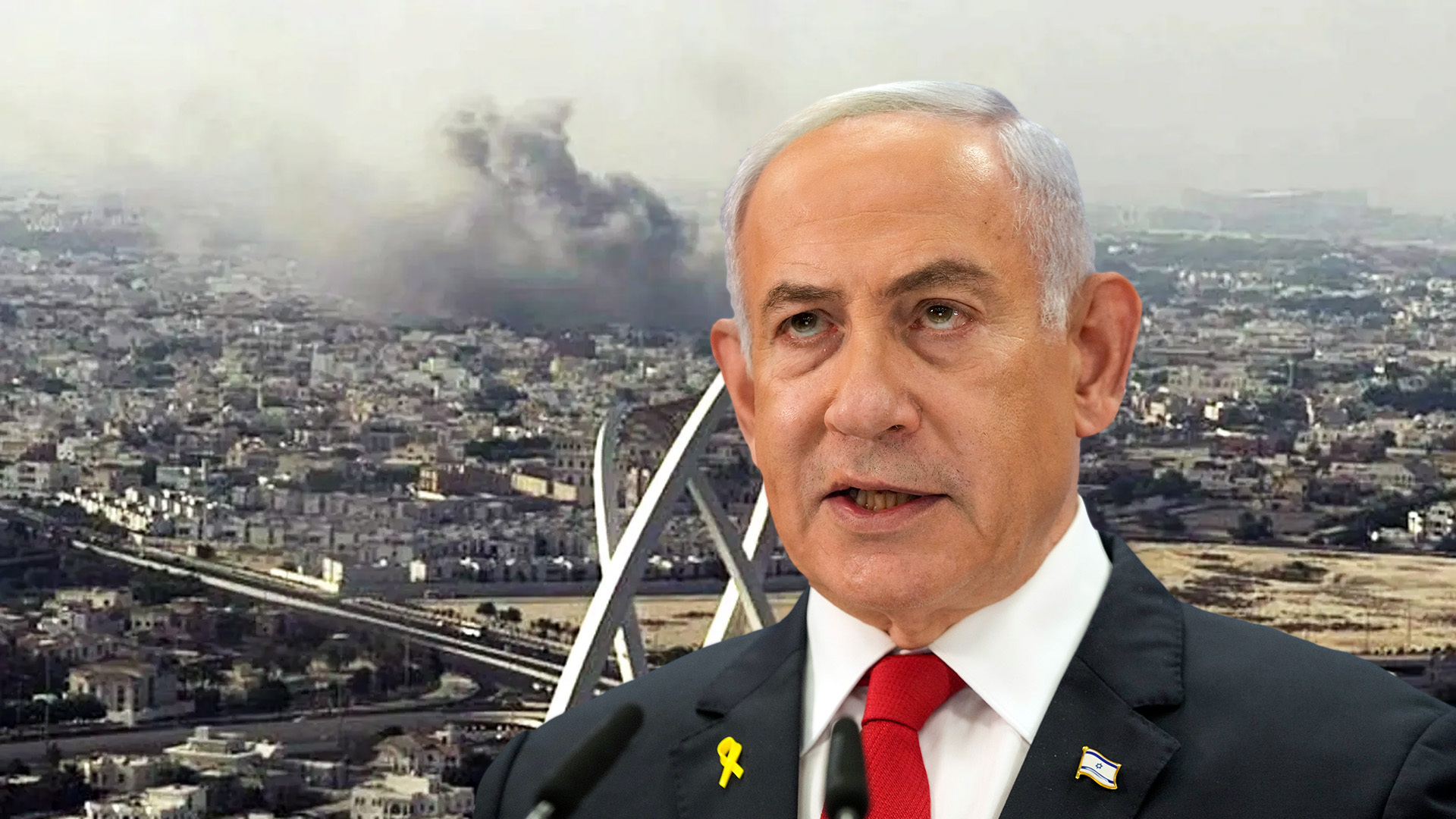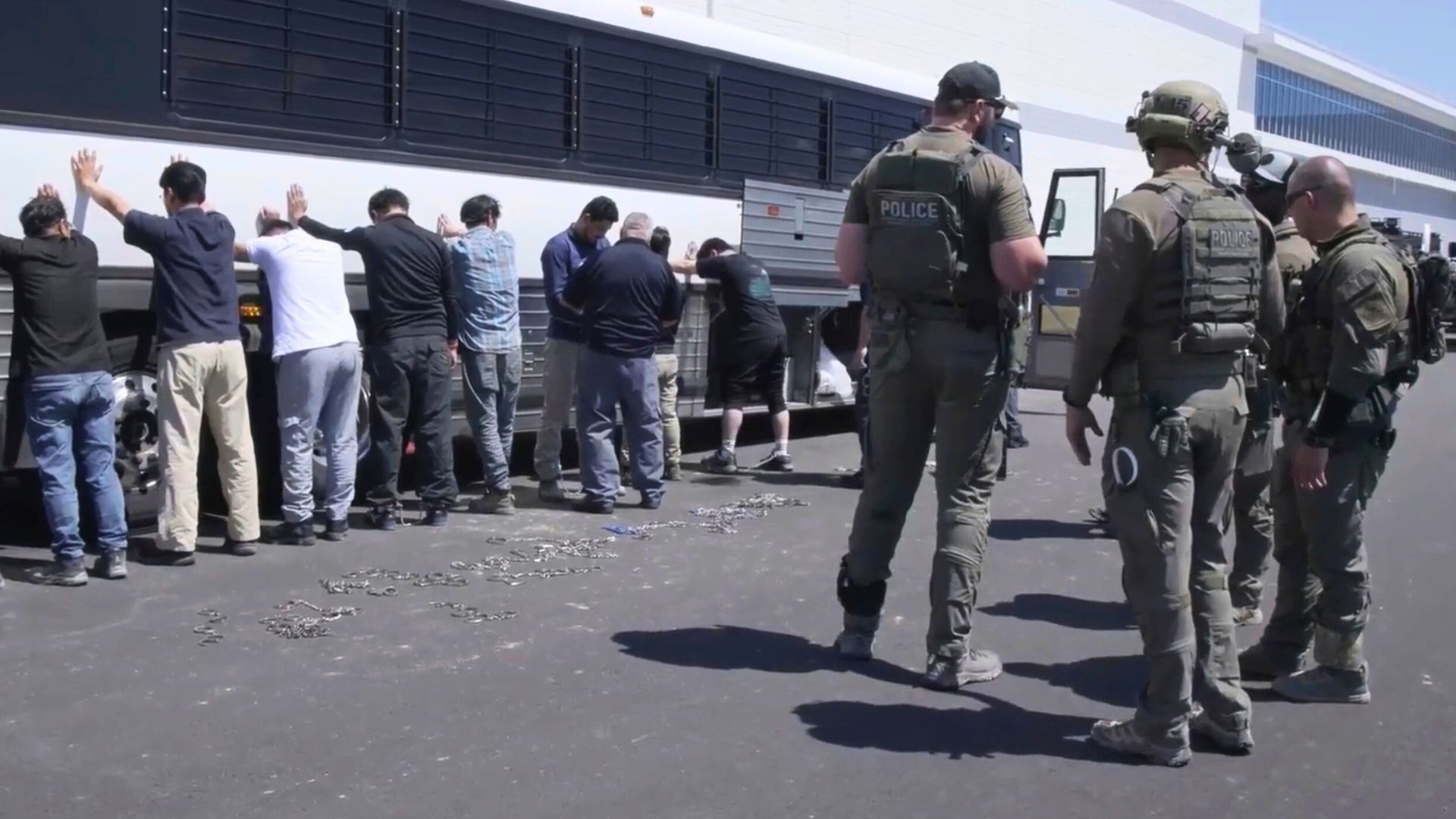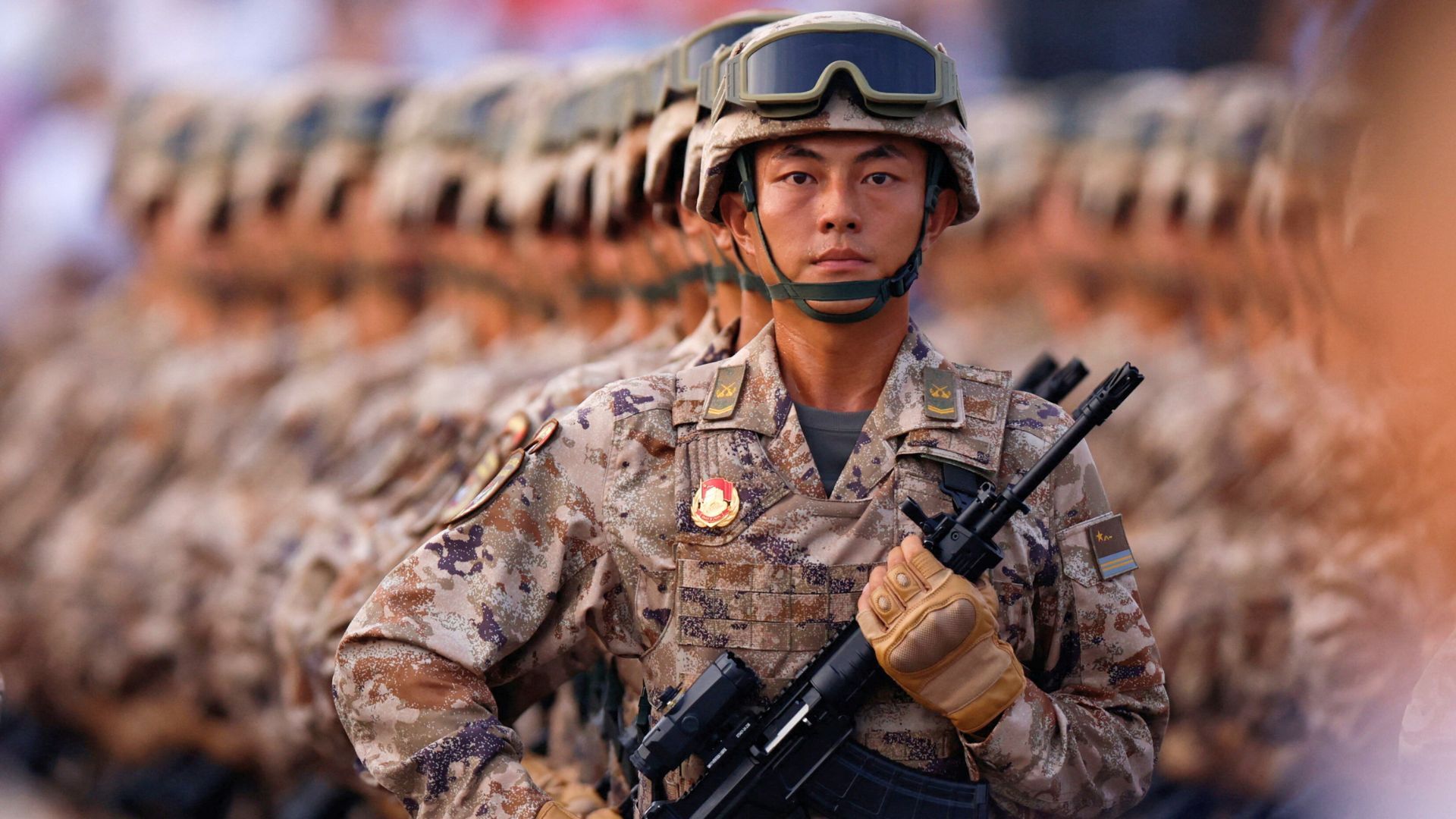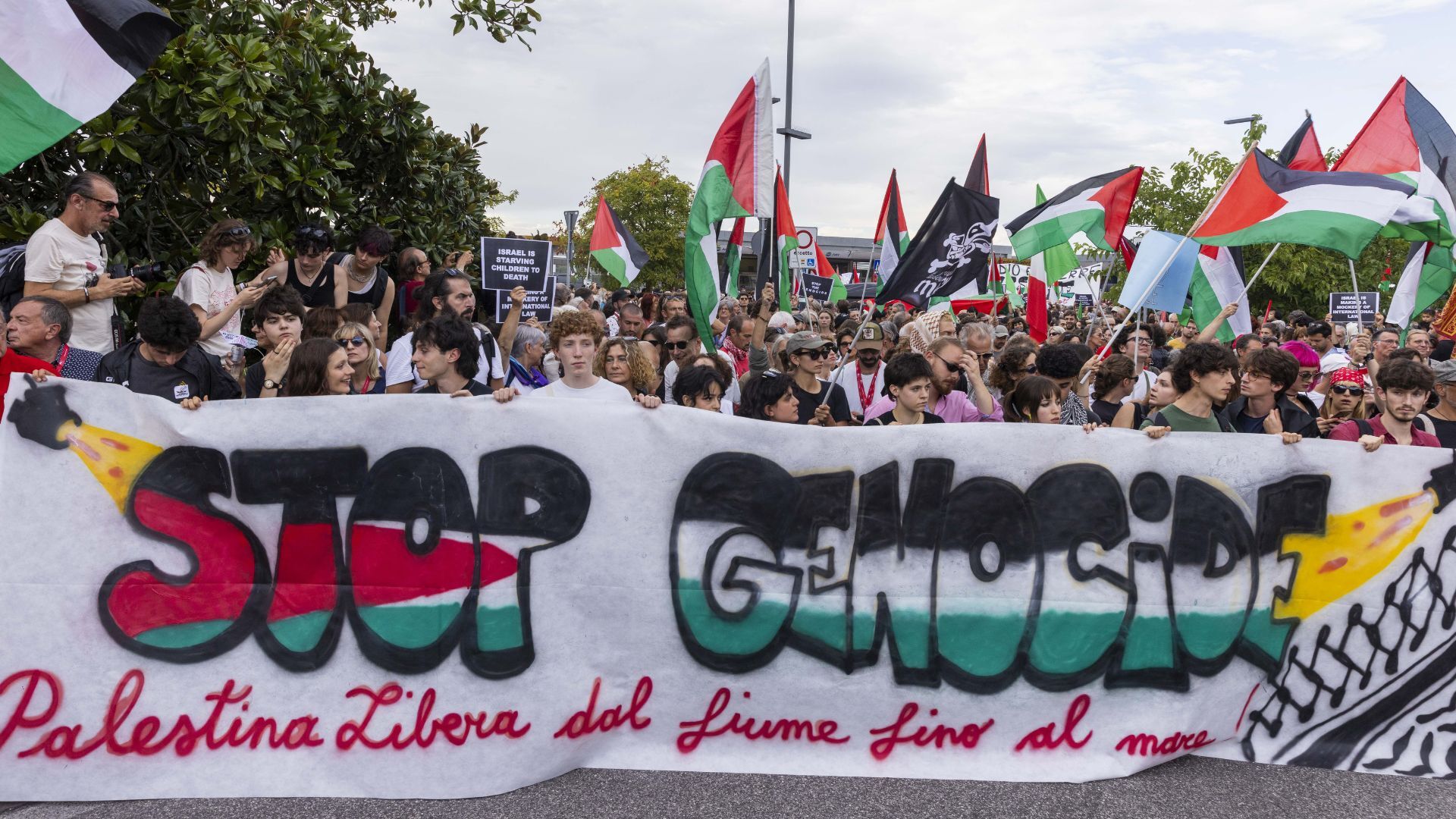Is an end to war in sight in Gaza? | Gaza
Negotiations are due to begin in Cairo, which US President Donald Trump says may bring an end to Israel’s war on the Gaza Strip.
Hamas has partially agreed to Trump’s plan to end the war, but with major caveats.
Recommended Stories
list of 3 itemsend of list
So has Israeli Prime Minister Benjamin Netanyahu.
But the details have yet to be agreed upon, including how Israeli forces withdraw and who will govern the Strip after the war ends.
So, is it possible to draw up a plan that all sides can agree to?
What would an interim government look like?
And what does all of this mean for the Palestinian people?
Presenter: Dareen Abughaida
Guests:
Mouin Rabbani – Researcher, Analyst and Co-Editor of Jadaliyya
Yossi Mekelberg – Political Analyst and Senior Consulting Fellow at Chatham House.
Muhammad Shehada – Analyst and Senior Fellow at the European Council on Foreign Relations
Published On 4 Oct 2025
